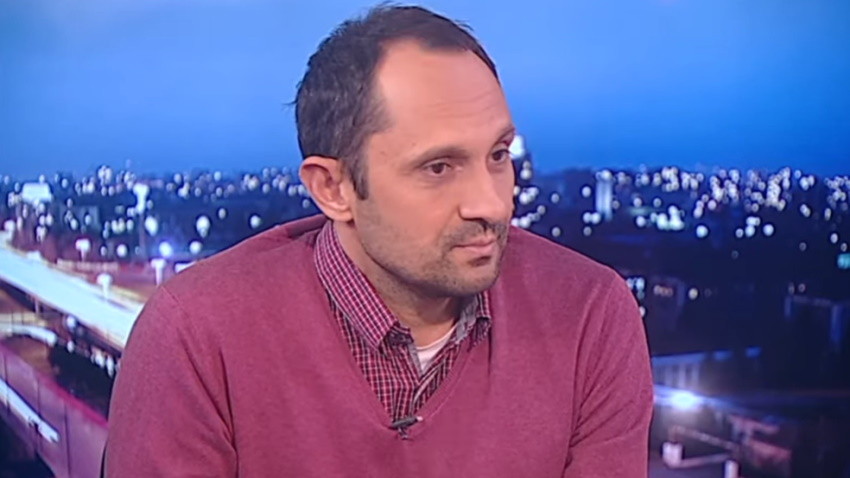Being the biggest research and innovations programme, Horizon 2020 has the political support of the European Parliament and the European Commission. With their help the programme has been able to transpose a great many scientific discoveries from the laboratory to the market. What is more, thanks to the research initiatives funded by various European Commission programmes, industry and researchers have started cooperating much more actively.
This is what the Resiloc – Resilient Europe and Societies by Innovating Local Communities – is all about, an international project funded under the Horizon 2020 programme, in which Bulgaria, represented by the Balkan Institute for Labour and Social Policy and the Bulgarian Red Cross, is working in partnership with Italy, the UK, Germany, Norway, Slovenia and Greece. One of the project’s main aims is to help build a better reaction, within a given community, to different kinds of disasters – earthquakes, floods, fires. More about the aims and the benefits of such projects from European programmes expert Yordan Dimitrov from the Balkan Institute for Labour and Social Policy:

“The focus has so far been on consolidating the capacity for dealing with disasters at a national or big-city level, but more and more voices are being heard that the individual communities, neighbourhoods, streets should have their own capacity tol cope with a certain type of crises. We have all seen, during major disasters, how a given neighbourhood or a given street is affected more than others, with more damage and casualties. Which means that people, at a small community level, should have their own capacity to react and tackle crises.”
Within this project there are three types of communities – small, medium-sized and big municipalities. In the different countries-partners in this project different approaches are applied in coping with disasters. Some have come a long way, others are still looking for the best solutions. What Resiloc aims at is to achieve an effect at a European level, by making local communities more resilient in their reaction to different kinds of disasters. The 3-year project with funding amounting to 5 million euro, aims to propose many innovative approaches in tackling disasters, says Yordan Dimitrov:
“A very important element of this project is the social capital, the social conduct of the public, and these are things it is not so easy to find information about. We collect information about the physical infrastructure, but also about the preparedness of communities, as well as about their risk perception, because there exist risks which people do not perceive as such, as well as about their social commitment. None of this has been gauged and there are quite a lot of difficulties. Once this information has been gathered, we shall offer them different measures consolidating their capacity to deal with disasters.”
Modernizing critical thinking skills, fact-checking skills and media literacy are essential for society, especially for young people in Bulgaria - the country with one of the lowest media literacy indices in the EU, reports the educational platform..
The residents of Pleven (Central North Bulgaria) will bid farewell to 2024 with a Christmas Town and meetings with Santa Claus. This year's festive program of the local municipality will start on December 2 with the Christmas tree lighting ceremony at..
An innovation for the treatment of diabetic foot ulcer using the patient's own tissue and artificial intelligence has been implemented at the University Multi-profile Hospital for Active Treatment-Burgas. Bulgaria is the fourth European country to start..
Modernizing critical thinking skills, fact-checking skills and media literacy are essential for society, especially for young people in Bulgaria - the..

+359 2 9336 661
